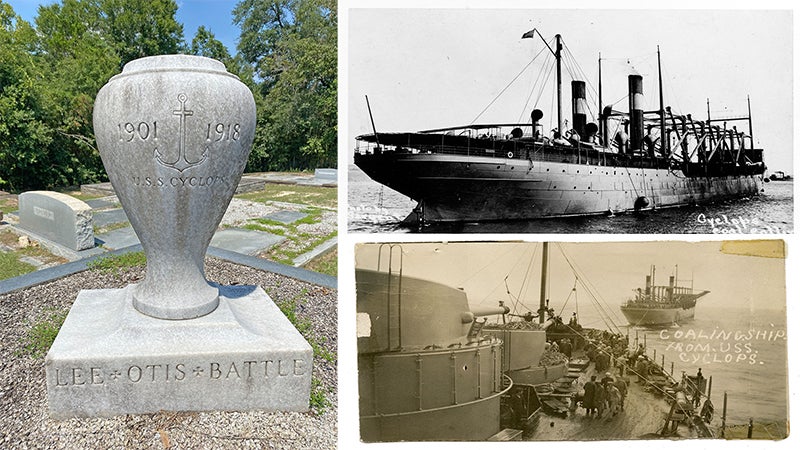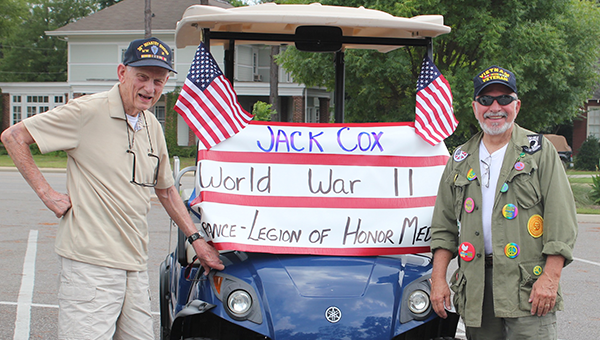There could be more to lottery than just a lottery
Published 12:01 am Saturday, August 13, 2016
At first blush, it appears so simple.
The state’s General Fund budget is underfunded, and Medicaid, the program that provides health care for about 1 million people in Alabama – many of them children – is $85 million short in the FY 2017 budget.
Gov. Robert Bentley, a former Baptist deacon, announced last month he would call the legislature into session this coming Monday to address his proposal for a statewide lottery. To date, he has not issued the official call, which specifies what the legislature can address in a special session. The Montgomery Advertiser reported late Friday that Bentley’s office won’t issue the call until Monday, when the legislature is expected to begin meeting.
There is great irony in the fact that our state, which spent untold amounts of money shutting down gambling operations it decided were illegal and immoral, now is led by a governor arguing that passing a lottery is the only moral answer. Think Country Crossing. Think Victoryland. Think GreenTrack.
Meanwhile, the governor has been making appearances around the state at places like Children’s Hospital, and giving speeches that insist the legislature must adopt a lottery to save the lives of children. After all, he says, there are only six or so states without a lottery.
Bentley’s proposal for a lottery is a bit short on details, but he claims it will generate $225 million. Because he hasn’t shared his math, it isn’t immediately clear if that’s the gross amount expected to be generated, or the net.
Other gaming interests in the state have been rather quiet on the issue. The Poarch Creek Indians, who operate casinos in Atmore, Montgomery and Wetumpka, and who own race facilities in Mobile and Birmingham, only say “We support the governor’s efforts to find a solution to the crisis.”
A second proposal, by Sen. Jim McClendon, puts more on the menu. McClendon is proposing not just a lottery, but “virtual lottery terminals” at VictoryLand, GreenTrack, and the Mobile and Birmingham race courses. He says he also would allow the governor to negotiate a gaming compact with the Indians, presumably for expanded gaming.
The truth is, if any lottery bill passes, the Poarch Creek Indians won’t need the compact they’ve sought with the state for decades.
The federal government allows recognized Indian tribes to operate the same level of gaming allowed by the state, in three classes. Class 1 gaming resembles something like poker at the hunting camp or annual pow wow; Class 2 is bingo; Class 3 is everything else. If a lottery passes, the slot-style electronic “bingo” machines can be switched in a heartbeat to slot machines; and they can add table games to their entertainment offerings in Atmore, Wetumpka and Montgomery. The compact – and the share of proceeds that could potentially accompany it – would not be needed.
As simple as Bentley’s proposal sounds, there is nothing simple about it. The legislature should not move swiftly and emotionally, but deliberately and thoughtfully, with the long game in mind.
Gerlach is publisher of The Star-News.



